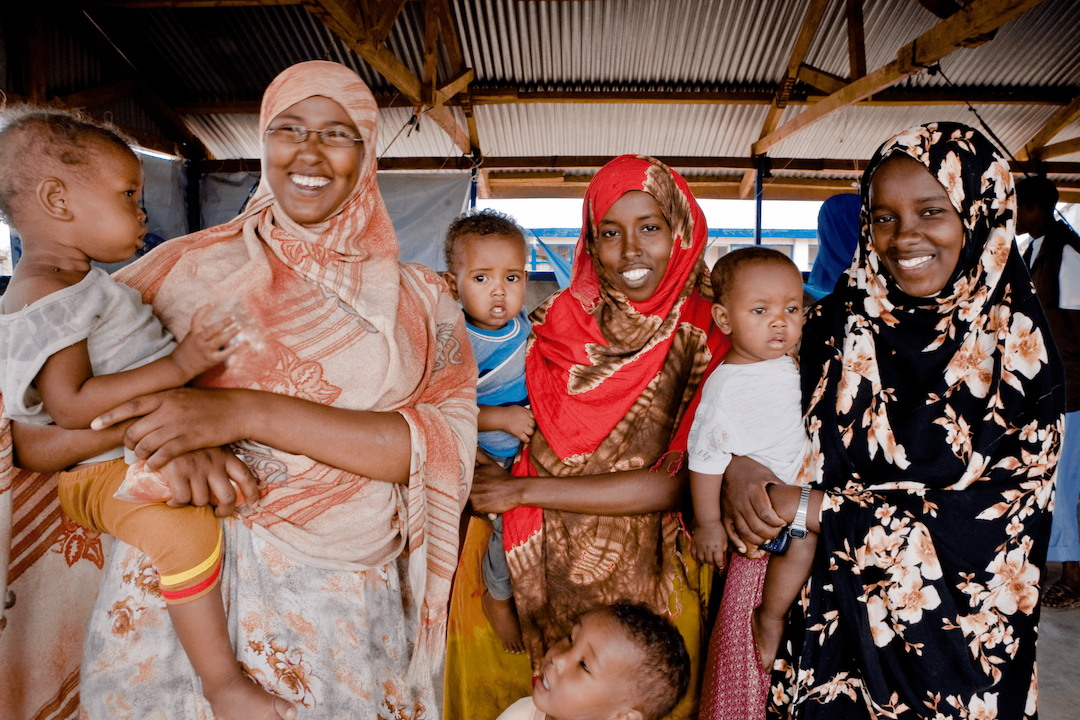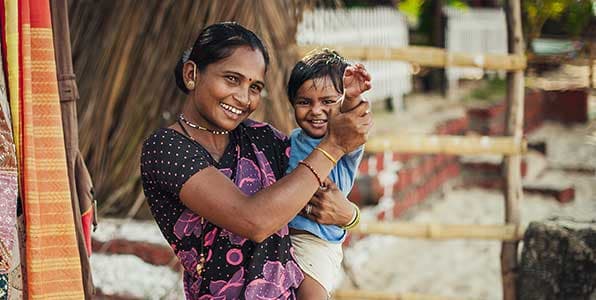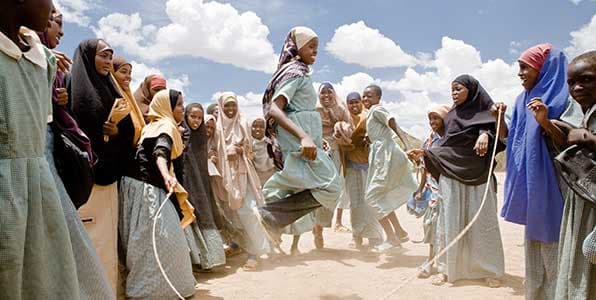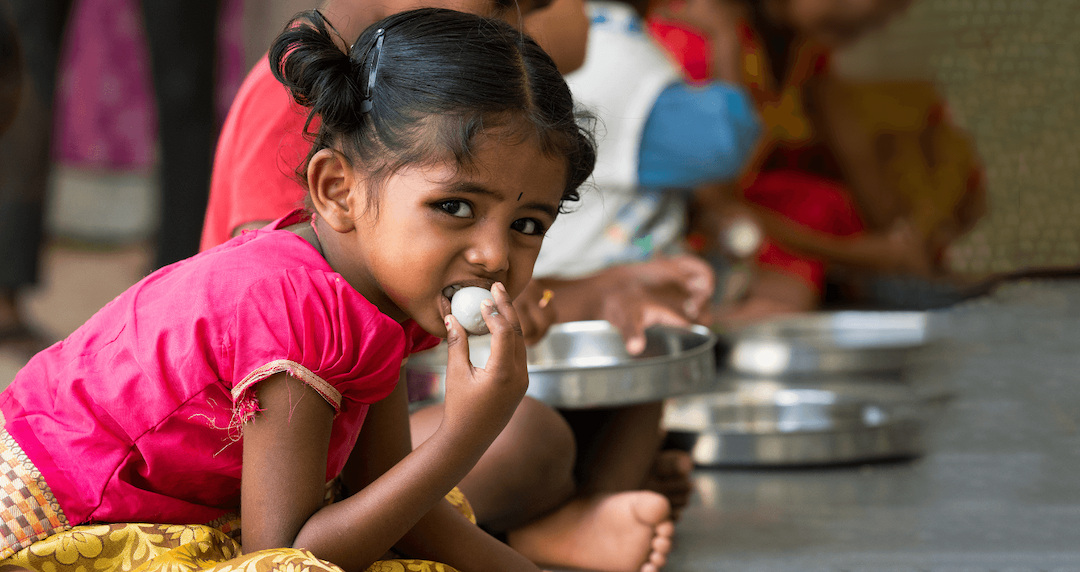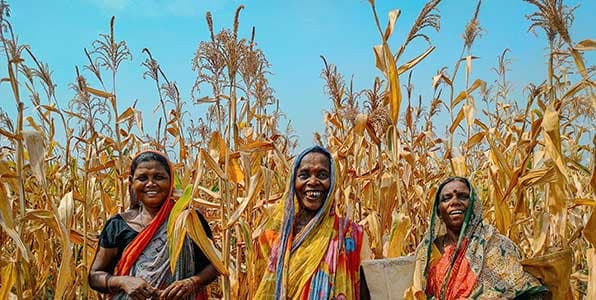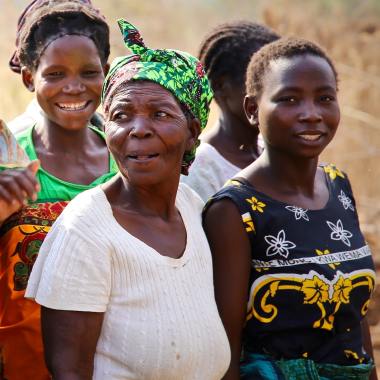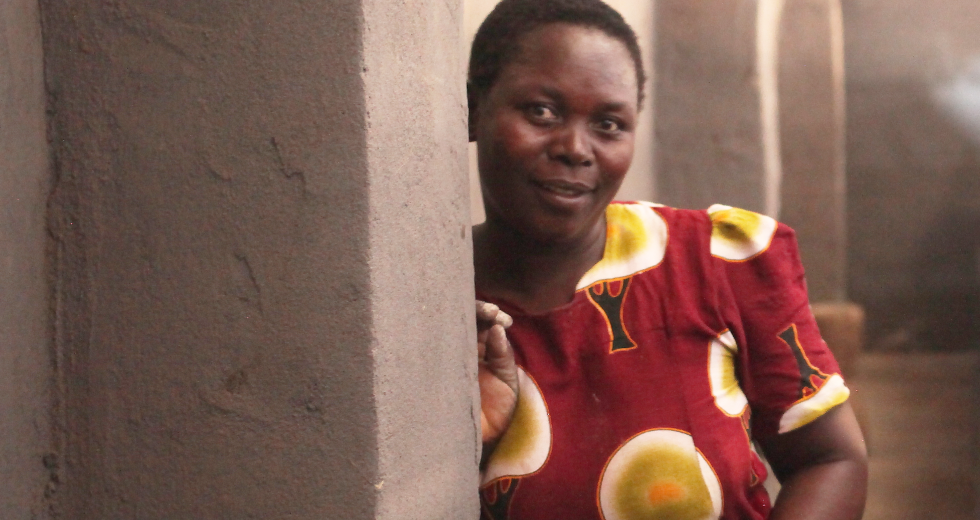Why tackle malnutrition
Bringing change to a changing world
If we don’t want malnutrition to shape a grim global reality, we need to reach the world’s most vulnerable with adequate nutrition.

Almost half of child deaths globally are caused due to malnutrition. More people are hungry than ever before, with an additional 50 million people affected in 2021. Climate emergency, COVID-19, and war have disrupted food systems and supply chains, causing further damage to an already fractured and unequal food infrastructure across the world.
The damage caused by malnutrition is unprecedented. It starts early in the life cycle and the effects linger far into the future.
Average IQ according to Birth Weight
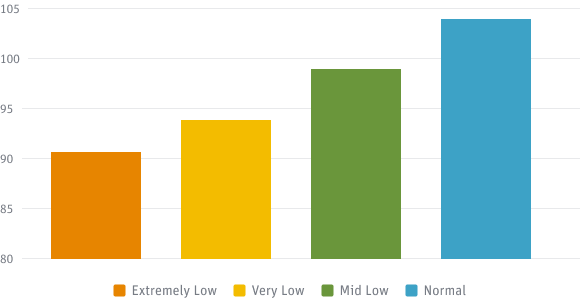
(1) A gradient relationship between low birth weight and IQ: A meta-analysis, scientific reports volume 7, article numer: 18035 (2017) (Huaiting Gu, & Lixia Wang)
- Low birth weight babies have a 10-11 point deficiency in IQ from childhood to adulthood (source: Gu H and Wang L, et al., 2017).Birth weight is directly impacted by maternal nutrition and weight gain during pregnancy.
- 66 million primary-school-aged children attend class hungry across the developing world (source: WFP, 2012). Low birth weight, stunted growth, and continued childhood malnutrition make learning difficult.
- Malnourished children go on to earn, on average, 20% less than average as adults (source: Grantham MG et al., 2007).
- The loss to national productivity and economic growth caused by malnutrition is equivalent to 8-11% of the GDP (source: WFP, 2017).
The ROI in nutrition is rising
Besides improving livelihoods, good nutrition is a prerequisite for nearly 50% of the SDGs set by the UN, while forming the supportive base for every single one of them. Here’s what a world without malnutrition could look like.
We make science-driven and timely investments in nutrition because it is essential to uplift vulnerable populations, break the intergenerational cycle of poverty, supercharge the demographic dividend, and advance global welfare and growth.
Discover more
Our projects
Explore our innovative work to close the nutrition gap across LMICs
Global footprint
Discover our key projects across the world
Our impact
Learn about the impact we have made on the ground so far
What we do
Discover the principles and work that shape our impact
